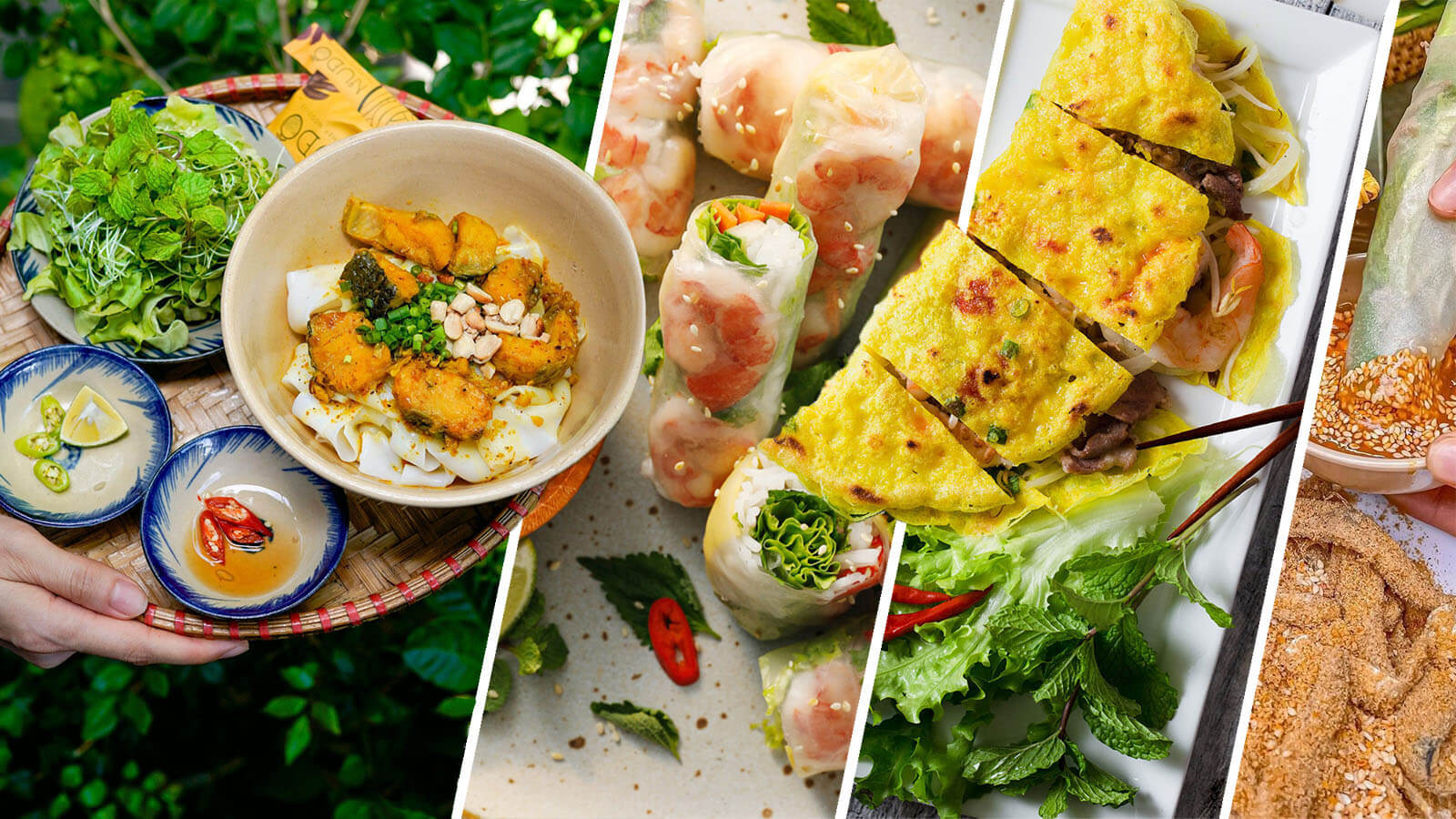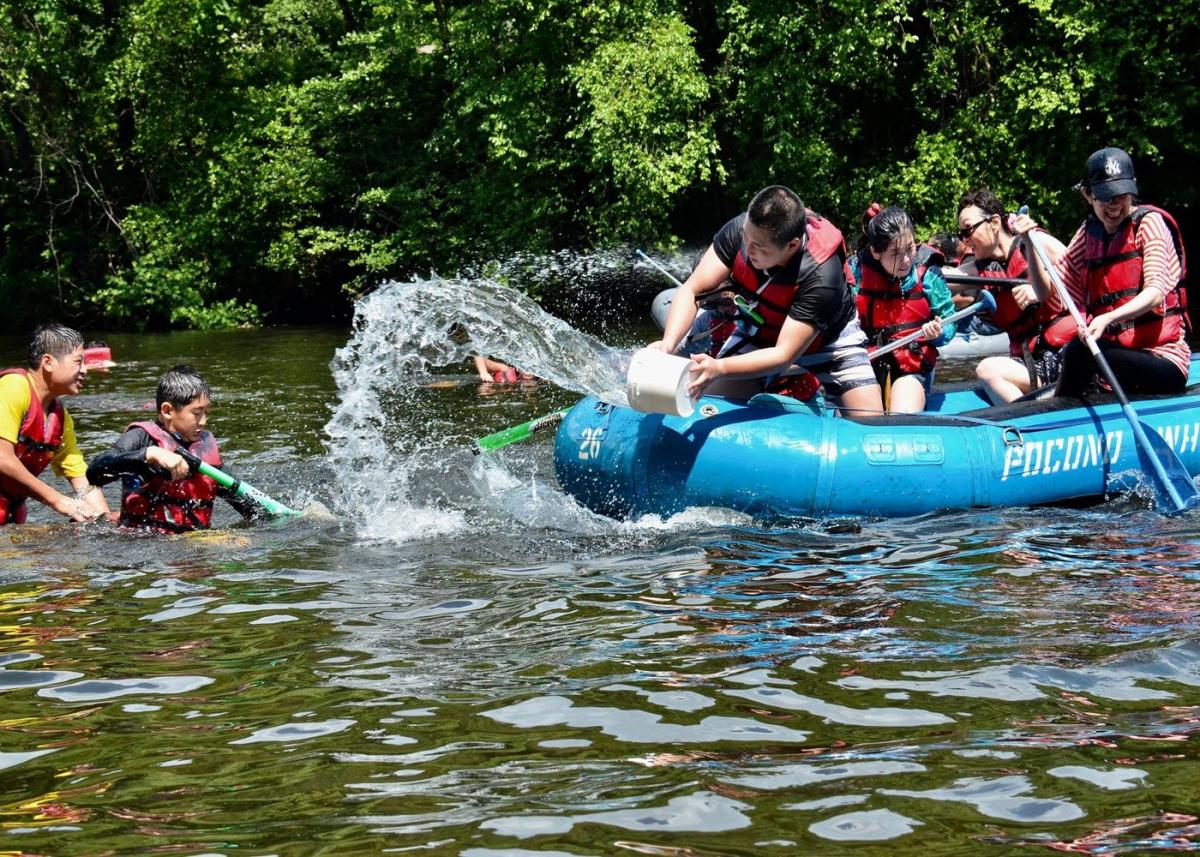Culinary Experiences: Integrating Cooking Activities into Travel Itineraries

A Culinary Journey Awaits
Travel is not merely about gazing at towering monuments or traversing picturesque landscapes; it is an intricate tapestry woven with aromas, textures, and flavors. One of the most vibrant and accessible gateways to understanding a new culture is through its culinary experiences. When you indulge in local cuisines, you are not just savoring the meal but also immersing yourself in the history, traditions, and stories that define a region.
Early in the morning, picture yourself in a lively market buzzing with activity. Stalls brim with vibrant produce: plump tomatoes, fragrant herbs, and exotic spices. As you stroll through the vibrant aisles, you are accompanied by a local chef who shares not only their culinary secrets but also stories that reflect the essence of their homeland. Learning about these ingredients, and feeling their textures, sets the stage for a memorable cooking session that follows.
Why Cooking Activities are Essential
Integrating cooking experiences into your travel itinerary provides numerous benefits:
- Authenticity: Engaging with local chefs allows for an intimate glimpse into unique culinary customs, revealing the significance of each dish in the local culture. For instance, in Thailand, making pad Thai isn’t just about combining ingredients; it’s an opportunity to appreciate the balance of flavors that reflects the country’s emphasis on harmony.
- Skills Development: Beyond the thrill of tasting, each hands-on class hones your culinary skills. Imagine mastering the art of making fresh mozzarella in Italy, and returning home with the ability to impress friends and family with both your cooking techniques and the stories that accompany the meals.
- Community Engagement: Participating in culinary workshops often means supporting local economies. By choosing to learn from local chefs, you contribute to preserving culinary arts and fostering community pride. For instance, in Oaxaca, Mexico, you can take cooking classes that also focus on traditional methods of sourcing and creating regional dishes, thereby supporting local artisans.
From the intricate art of sushi-making in Japan to the rustic charm of pasta classes in Italy, the possibilities are virtually limitless. Travelers can partake in vibrant market tours and cooking classes throughout numerous destinations worldwide, from the coastal delights of Barcelona to the hearty comfort food of Southern India. These experiences illuminate the rich tapestry of human connection through food.
In our interconnected world, sharing culinary escapades on social media platforms enables you to inspire fellow travelers and to document your journey through intricate dishes and cultural backstories. Travel isn’t just about where you go, but also about how you engage with the world around you. So as you plan your next trip, consider how integrating cooking activities can transform your travel narrative into a delightful and enriching adventure.

DIVE DEEPER: Click here to discover unique art and culture itineraries
Embarking on a Flavorful Adventure
Imagine stepping off a plane in a new country, the excitement of adventure mingling with the tantalizing smells wafting from street vendors and local restaurants. Culinary experiences, especially those that involve hands-on cooking activities, offer travelers a chance to dive deeper into a destination while creating unforgettable memories. Integrating cooking classes into your travel itinerary not only enriches your journey but also enhances your understanding of the cultural narrative surrounding each dish.
At the heart of these experiences lies the concept of connectedness. Cooking is inherently communal, bringing people together around a table or a kitchen counter. The act of preparing food fosters relationships—be it with a local chef, fellow travelers, or even the ingredients themselves. Across the globe, local cooking classes often invite you to participate in time-honored traditions, transforming you from a mere observer into an active participant in the cultural dialogue.
Types of Culinary Experiences to Enrich Your Travels
When crafting your travel itinerary, consider the following engaging culinary experiences that can add a rich layer to your adventure:
- Market Tours: Start your culinary journey with a guided tour of a local market. Discover the vibrant colors and fragrance of regional ingredients, and learn how to select the freshest produce. In the markets of Mexico City or Bangkok, for example, you will encounter local vendors ready to share their culinary gems.
- Hands-on Cooking Classes: Roll up your sleeves and get ready to learn in a devoted cooking class. From mastering the delicate art of pastry-making in France to grilling over open flames in South Africa, each experience teaches you not only techniques but also the stories behind beloved recipes.
- Farm-to-Table Experiences: Delve into sustainability by participating in farm-to-table cooking activities. Visit local farms to gather ingredients and collaborate with chefs to create wholesome meals. Whether it’s a vineyard in Napa Valley or an olive grove in Tuscany, this connection to the source of your food enhances appreciation.
Each of these experiences provides a unique lens through which to view the local culture and flavors. They encourage you to step beyond the tourist highlights and engage with the community on a more personal and intimate level. For example, participating in a traditional family meal can unlock a treasure trove of culinary stories and ancestral wisdom that guide the preparation of local dishes.
As culinary tourism continues to gain momentum, destinations around the world are increasingly offering tailored cooking experiences that cater to travelers’ growing appetite for authenticity. The surge in popularity illustrates a universal desire among travelers to build connections through shared culinary practices, creating lasting bonds that extend beyond the dinner table.
By integrating cooking activities into your travel plans, you are not only partaking in a meal but engaging in an exploration of the heart and soul of each region. Culinary experiences resonate deeply, providing insight and enriching the narrative of your journey. Prepare to unlock a world of flavors that will truly transform the way you travel.
| Culinary Activities | Travel Benefits |
|---|---|
| Cooking Classes | Enhances cultural immersion |
| Food Tours | Discover local cuisine |
| Market Visits | Connect with local vendors |
Expanding upon the enchanting world of culinary experiences during travel, integrating cooking activities into itineraries not only provides thrill-seeking adventurers with essential skills but also serves as a romantic gateway into diverse cultures. Cooking classes, for instance, allow tourists to learn traditional recipes directly from local chefs, capturing the essence of regional flavors, and enhancing the overall travel experience. Food tours further enrich these journeys by taking travelers off the beaten path, allowing them to indulge in authentic local cuisine that may not be found in typical restaurants. Imagine tasting tantalizing street food or a homemade meal in a cozy family setting. Additionally, visits to local markets invite travelers to connect with vendors, picking up unique ingredients and learning about their cultural significance. This engagement fosters a sense of community and enriches one’s understanding of local customs and traditions, making each trip not just a vacation but a transformative adventure.
DON’T MISS: Click here to discover how to adapt your travel plans
The Culinary Journey: Beyond the Kitchen
While hands-on cooking classes are a staple of culinary tourism, the exploration of regional cuisine extends far beyond merely learning how to cook. Culinary experiences can encompass a broad spectrum of activities that allow travelers to engage with the local dining culture in innovative ways. By including diverse food-oriented activities in your travel itinerary, you not only elevate your experience but also create a deeper appreciation for the culinary heritage of the region.
Exploring Local Dining Traditions
Engaging with local dining traditions can provide insight into the social fabric of a destination. Consider participating in food festivals that celebrate seasonal ingredients or traditional dishes. For example, joining the New Orleans Food & Wine Experience offers a delightful opportunity to savor Creole and Cajun flavors while interacting with local chefs and food lovers, gaining an appreciation for the region’s rich cultural history.
Another intriguing option is to partake in a “dine around” experience, where you can sample a variety of local dishes at different establishments. This could involve visiting food trucks, family-run eateries, or upscale restaurants, each reflecting their distinct interpretations of local and regional flavors. In cities like San Francisco, hopping between eateries in the bustling Mission District not only spans diverse culinary offerings but also enables you to meet passionate chefs and owners dedicated to their craft.
Culinary Tours with a Twist
The rise of food tours has added a new dimension to exploring a city’s culinary scene. Guided by local food enthusiasts, these tours provide insights into culinary history while introducing travelers to off-the-beaten-path dining venues. For instance, a chocolate tour in a city like Seattle could take you through artisanal chocolate shops, where you can learn about bean-to-bar production, taste samples, and even participate in a chocolate-making workshop, engaging all your senses in the process.
Additionally, themed culinary tours focusing on specific ingredients, such as olive oil in Tuscany or seafood in the coastal villages of Maine, allow for an in-depth exploration of gastronomic traditions. This targeted approach not only supports local economies but also builds connections with the producers, enriching the travel experience through shared knowledge and passion for food.
Cooking at Home: Connecting with Locals
Another emerging trend in culinary tourism is the opportunity to cook in local homes, often referred to as at-home cooking experiences. Platforms like EatWith provide travelers a chance to connect with home cooks who invite guests into their kitchens for a culinary session, followed by a shared meal. This intimate setting fosters a genuine exchange of cultural anecdotes and traditional recipes. For example, cooking Italian pasta from scratch in a cozy kitchen while sharing stories of family traditions provides an authentic connection that commercial classes often lack.
In essence, culinary experiences during your travels serve not only to tantalize your taste buds but also to bridge the gaps between cultures. Through thoughtfully crafted activities, travelers can engage in meaningful interactions that draw from local practices, traditions, and flavors, all the while crafting unforgettable stories to take back home. With the growth of culinary tourism, it’s evident that food has the power to connect people, create memories, and foster cultural exchange, making integration of cooking activities into your travel plans a truly enriching endeavor.
DISCOVER MORE: Click here to dive deeper
Embracing Culinary Experiences in Travel
The integration of culinary experiences into travel itineraries is a gateway to not just rediscovering flavors, but also understanding the cultural nuances that influence the culinary landscape of a destination. Engaging in activities such as cooking classes, food festivals, and at-home dining experiences fosters unique connections between travelers and local communities. By immersing oneself in regional dining traditions and culinary practices, visitors can cultivate a profound appreciation for the ingredients, methods, and stories that shape local cuisine.
As culinary tourism continues to gain momentum, it becomes increasingly vital for travelers to seek experiences that transcend the ordinary. Whether you’re biting into local street food or crafting a traditional dish alongside a local chef, these moments provide memorable interactions that resonate long after the trip ends. They not only stimulate the palate but also contribute to a broader understanding of the cultural and historical significance of food.
To truly experience a destination, embracing culinary activities into travel plans is essential. With each bite and every shared recipe, you build lasting stories and connections, encapsulating the heart and soul of the places you visit. As you plan your next adventure, remember to leave room for impromptu tastings and hands-on cooking experiences; they are not just meals but are journeys to part of the world that speak to its heritage. So, get ready to savor every moment and dig deeper into the flavors of your travels.


